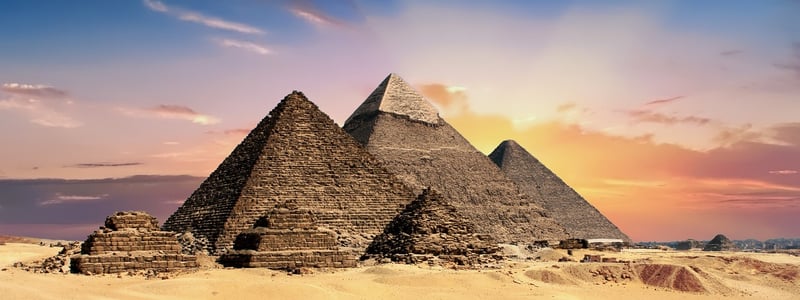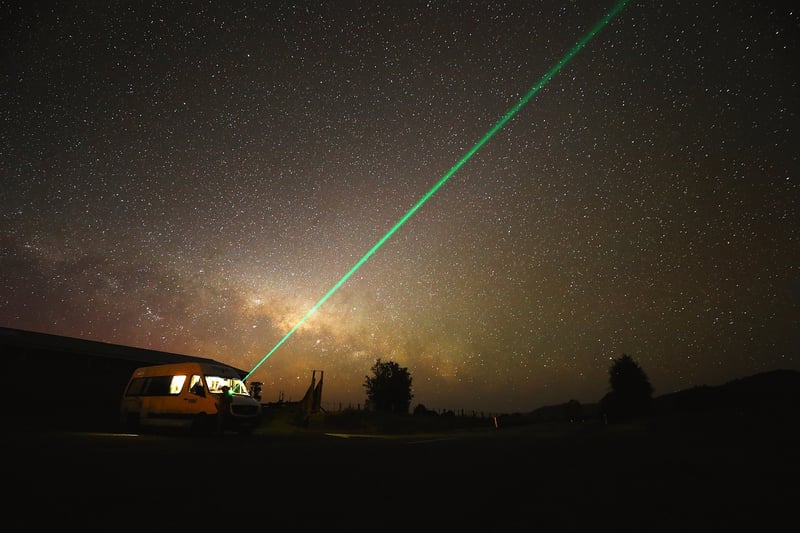Future Exploration
Exploring Different Eras and Future Exploration
Introduction
Exploring different eras and future exploration are fascinating topics that have captivated human curiosity for centuries. From ancient civilizations to modern space missions, the quest for knowledge and discovery has shaped our understanding of the world and beyond.
Ancient Civilizations
Ancient civilizations like the Egyptians, Greeks, and Romans left behind a legacy of architectural marvels, intricate artworks, and advanced technologies for their time. The exploration of these ancient eras allows us to uncover the mysteries of the past and learn from their achievements.

The Age of Exploration
The Age of Exploration in the 15th to 17th centuries saw European sailors embarking on voyages to discover new lands, trade routes, and cultures. This era of exploration laid the foundation for global connections and the exchange of ideas and goods between continents.

Space Exploration
Space exploration represents the pinnacle of human ingenuity and ambition. From the first moon landing to the exploration of Mars and beyond, space missions have expanded our understanding of the universe and our place in it. Future exploration aims to push the boundaries of space travel and discover new worlds.

Future of Exploration
The future of exploration holds endless possibilities, from deep-sea expeditions to Mars colonization and beyond. Advancements in technology, robotics, and artificial intelligence are revolutionizing how we explore and interact with our environment. The quest for knowledge and discovery continues to drive humanity forward into new frontiers.
Conclusion
Exploring different eras and future exploration not only enriches our understanding of the past but also fuels our aspirations for the future. By learning from the achievements of ancient civilizations, the Age of Exploration, and space missions, we pave the way for future generations to continue the legacy of exploration and discovery.
